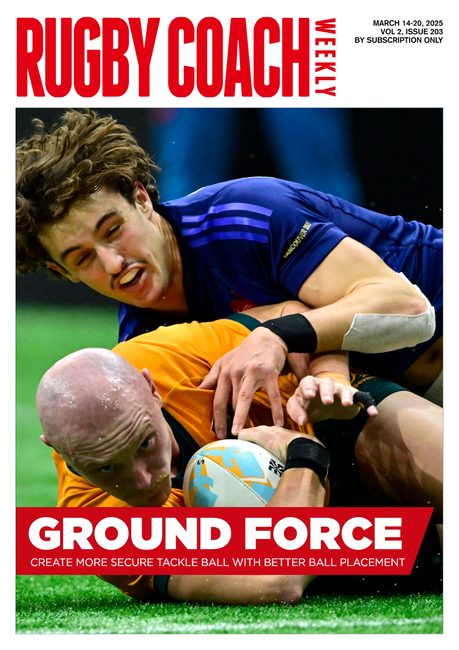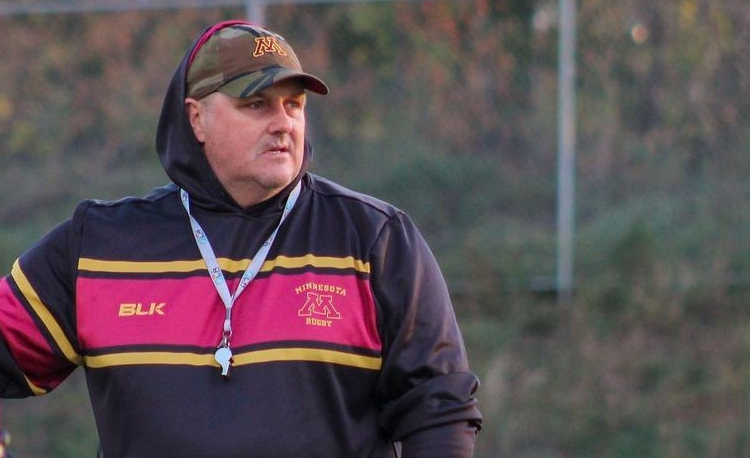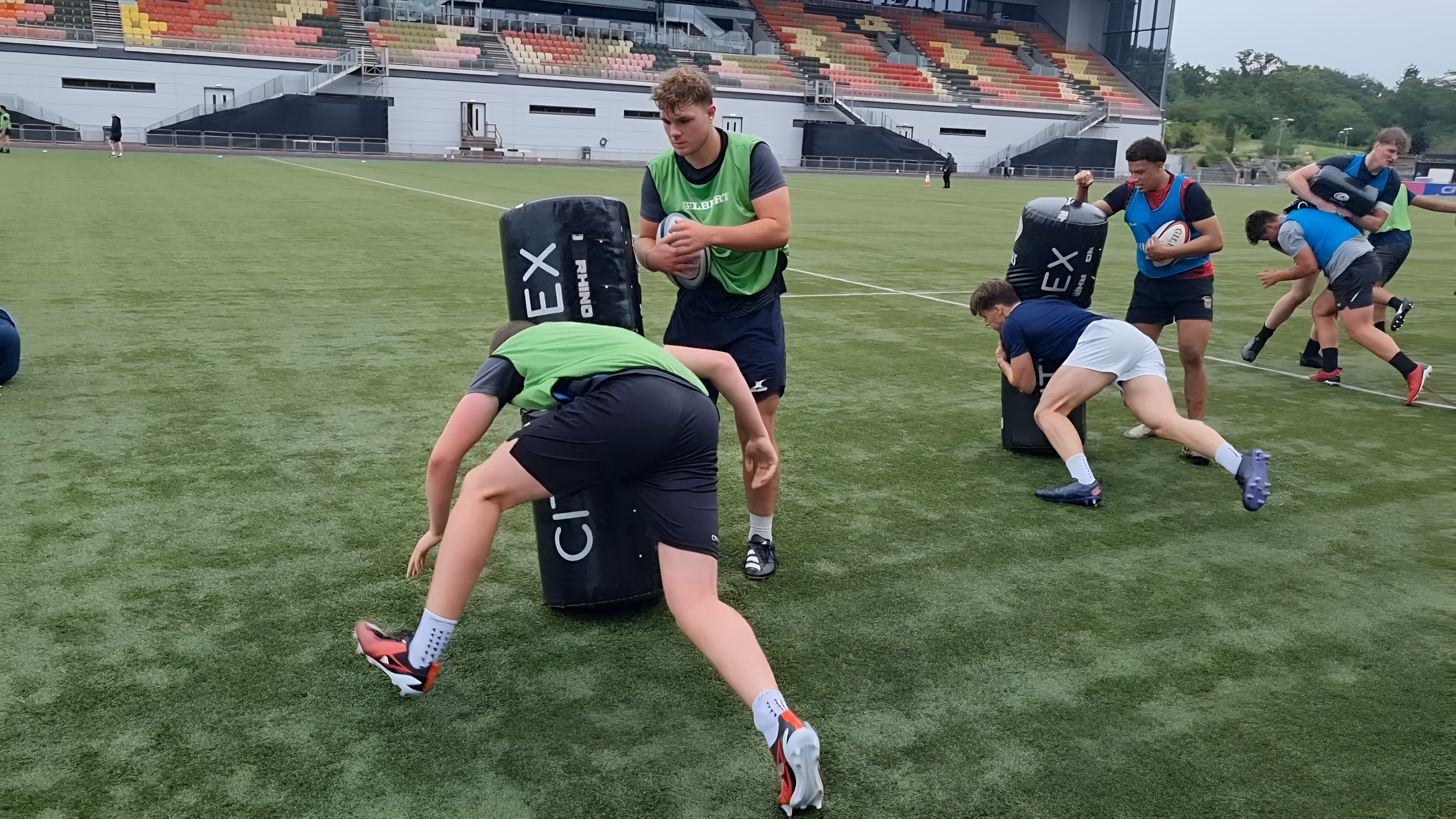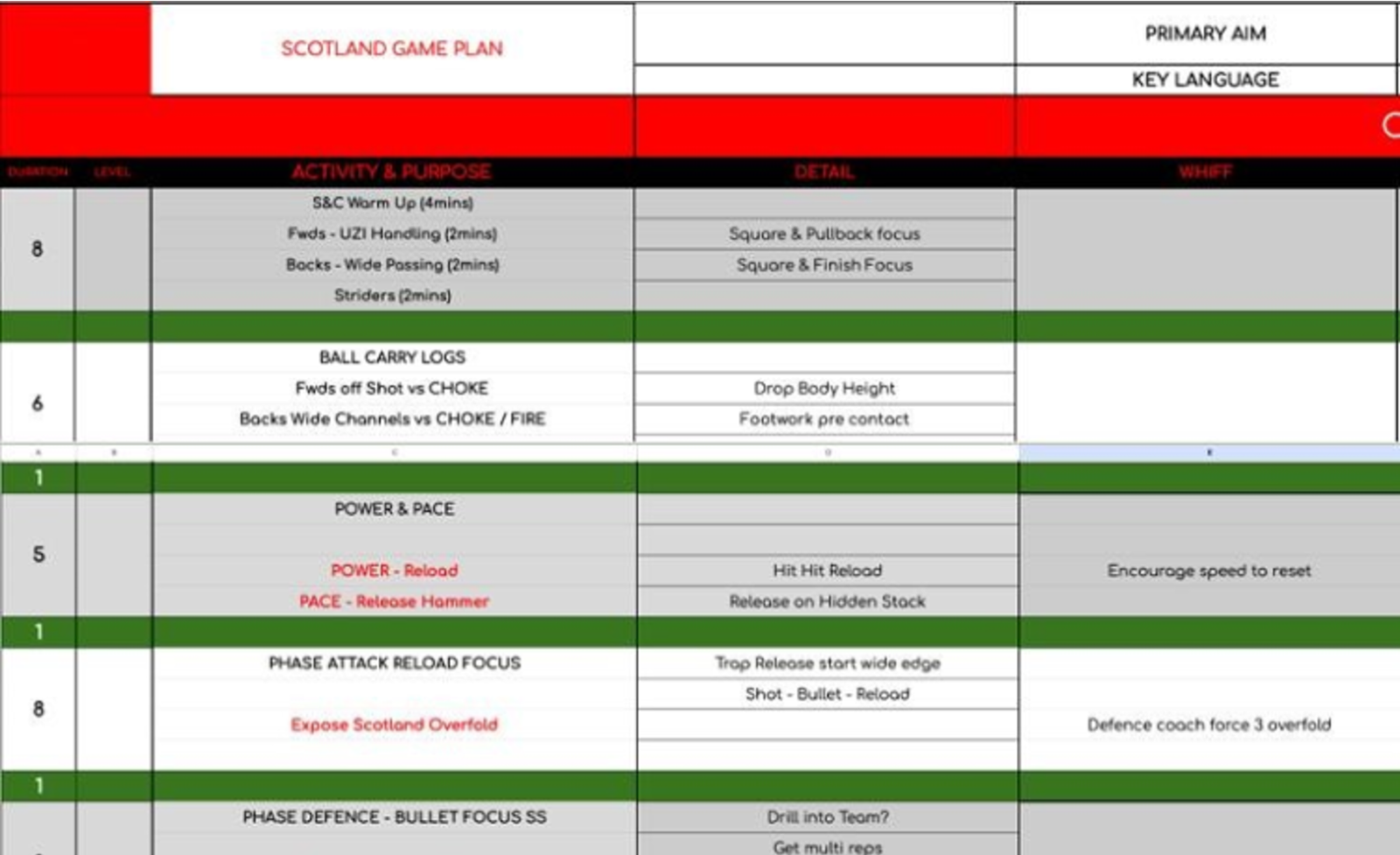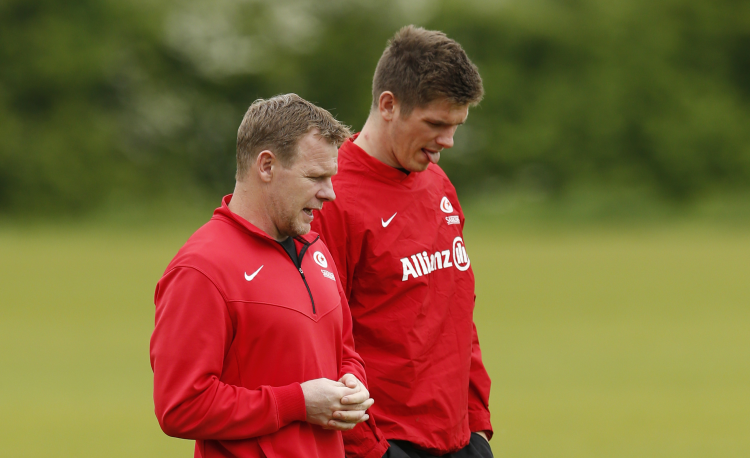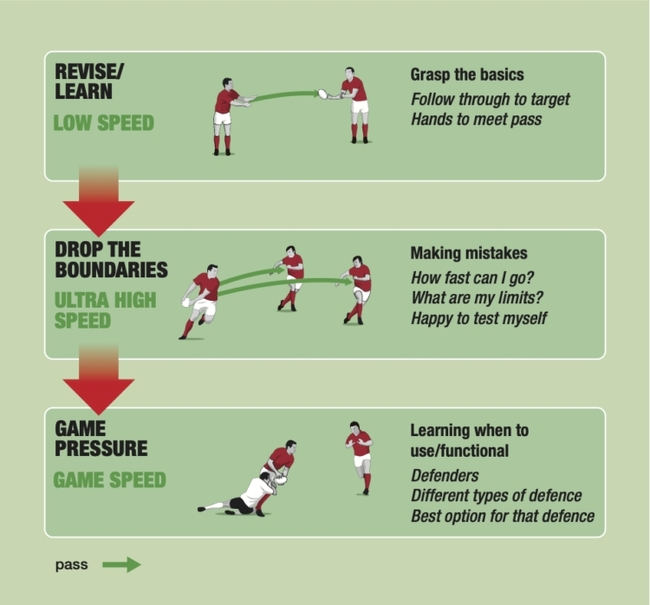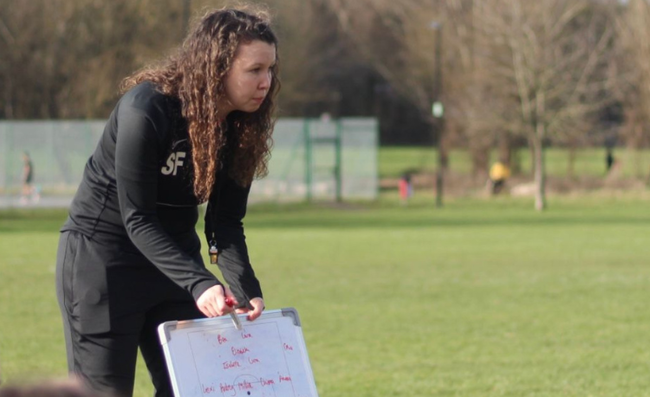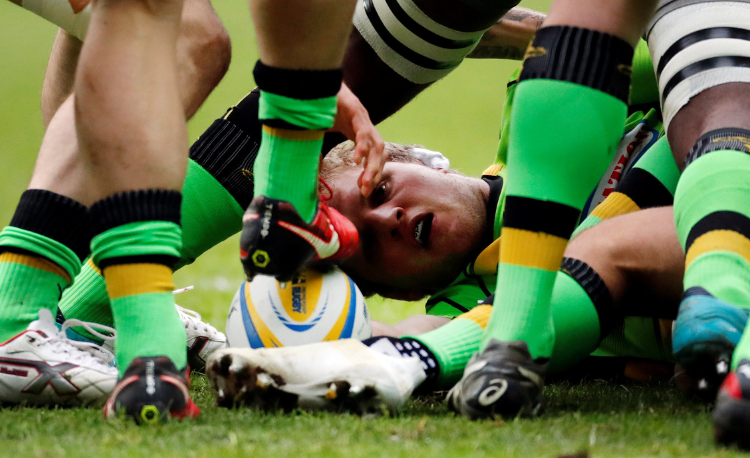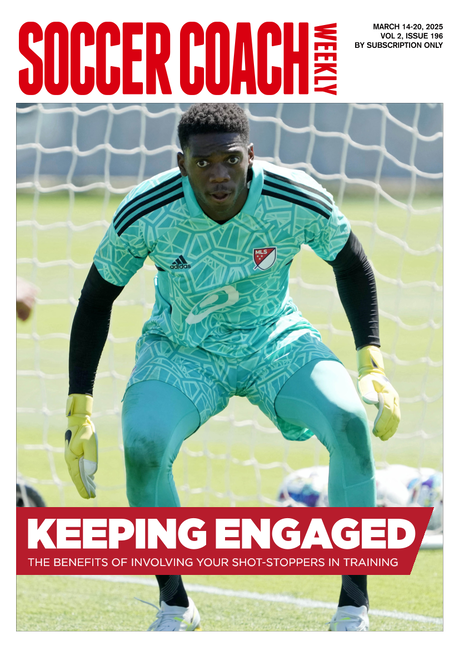What do you base practice design on?
Your good intentions in training might be missing critical elements that would otherwise improve your players’ overall development.
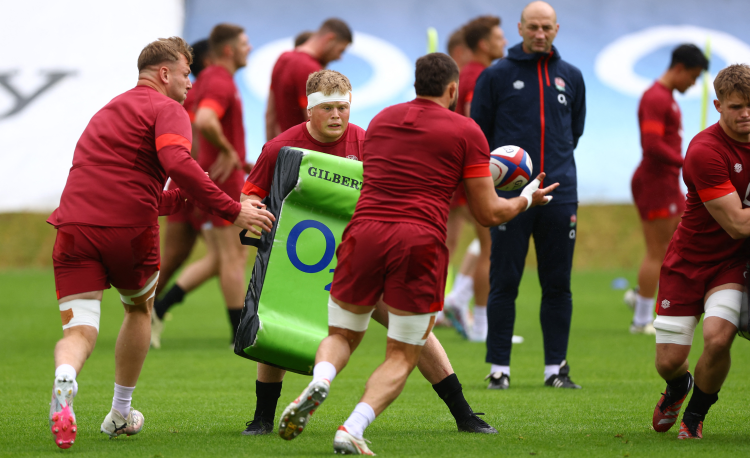
Some say coaching is a science; others say it is an art.
The truth is that both are probably true, and session planning provides a great illustration of this.
It is, of course, an important part of a coach’s role and involves selecting which methods to use, and why, in the hope of developing a range of attributes in players, be it tactical, technical or physical.
The art comes from shaping the session with appropriate sequencing of activities, to ensure it flows and makes sense to the players logically.
In this artistic endeavour, coaches try to craft perfect sessions, with the desired balance of content, and the aim of developing players and units, while also preparing the whole team for short-term performance.
But what if I told you that many sessions might only be hitting one out of four?
Four session targets
The ’four’ refers to fidelity of practice, which corresponds to how real a training session, or part of one, is compared to a competitive match.
"High-level coaches prioritise physical fidelity above the other three types..."
This can be broken down into four parts – affective fidelity, conceptual fidelity, physical fidelity and action fidelity.
One benefit of fidelity is that it allows us to understand player experience when designing sessions and forming our intentions for that session, by considering these four different areas of the players’ experience.
Why only ’one in four’?
My colleagues from DCU’s Elite Sports Performance team Jamie Taylor, Aine McNamara and I recently investigated the practice of high-level team sports coaches.
Our findings suggest that these coaches overwhelmingly prioritise physical fidelity above the other three types.
But why? As a key part of my role as a researcher in Insight involves the sharing of research, let me explain.
Firstly, physical fidelity is easily measurable, given that GPS tracking is so common in elite sport.
These high-level coaches also worked in conjunction with strength and conditioning or sport science teams (a luxury not all coaches have), whose primary responsibility is physical preparedness and load management.
It is, therefore, easy to see how physical fidelity becomes the dominant metric when planning sessions.
This is not to say that physical fidelity isn’t important. Players need to be ready to perform at the weekend; they can’t be under or overcooked for the demands of the game.
However, such a strong focus on physical fidelity may mean that coaches are missing an opportunity to develop more complete players, by thinking and planning for affective, conceptual and action fidelity.
Thank you for reading
to enjoy 3 free articles,
our weekly newsletter, and a free coaching e-book
Or if you are already a subscriber, login for full access
Newsletter Sign Up
Coaches Testimonials

Gerald Kearney, Downtown Las Vegas Soccer Club

Paul Butler, Florida, USA

Rick Shields, Springboro, USA

Tony Green, Pierrefonds Titans, Quebec, Canada
Subscribe Today
Be a more effective, more successful rugby coach
In a recent survey 89% of subscribers said Rugby Coach Weekly makes them more confident, 91% said Rugby Coach Weekly makes them a more effective coach and 93% said Rugby Coach Weekly makes them more inspired.
Get Weekly Inspiration
All the latest techniques and approaches
Rugby Coach Weekly offers proven and easy to use rugby drills, coaching sessions, practice plans, small-sided games, warm-ups, training tips and advice.
We've been at the cutting edge of rugby coaching since we launched in 2005, creating resources for the grassroots youth coach, following best practice from around the world and insights from the professional game.

